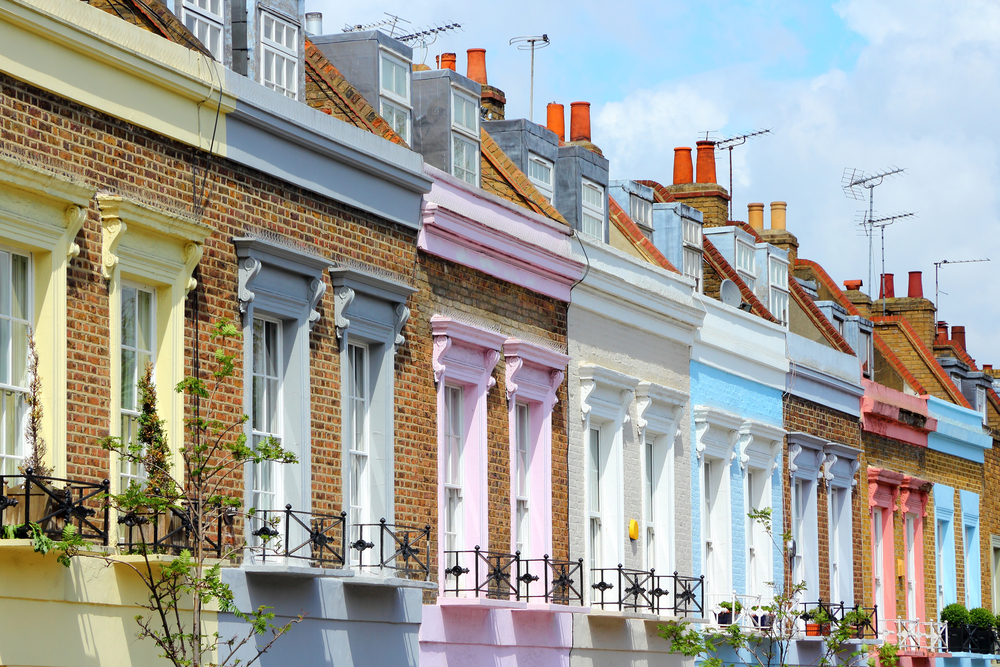 Prices increased for the fifth straight month, according to Halifax, which revealed growth was at 15-year high.
Prices increased for the fifth straight month, according to Halifax, which revealed growth was at 15-year high.
The mortgage lender’s latest index showed the average house price in the UK is now at a record £272,992, following an annual increase in November of 8.2% and a monthly rise of 1%.
While this is further evidence of the strength of the housing market, it will come as a blow to the many would-be first-time buyers who are struggling to afford the prices which are soaring further out of reach each month
There had been speculation the Bank of England would increase interest rates in the next couple of months – a move which may have slowed the housing market down, making it slightly more accessible for first-time buyers.
But the emergence of the Omicron variant is likely to put these plans on hold.
Karen Noye, mortgage expert at Quilter, said: “At this stage, two months post stamp duty holiday withdrawal, it was hoped we might finally see a downtick in house prices.
“The still-rising prices demonstrates that while the scheme did have an impact on house prices, it was not the only driver. The race for space appears to still be going strong, and when combined with the current demand outweighing supply, prices are still being pushed higher.”
Karen added: “Interest rates will be key over the coming months, and an increase would push mortgage rates up which will likely put potential buyers off.
“However, the new Omicron variant may have thrown a spanner in the works of any major changes planned by the Bank of England, meaning we are unlikely to see a rate rise just yet. While that may be the case, rock bottom mortgage rates are likely to creep up as an interest rate rise is still anticipated, it is just a question of when.
“Those waiting out the housing market boom in hopes of lower prices will likely have to wait a while longer yet.”
Regional data
According to Halifax Wales saw the highest property price increases with an annual hike of 14.8%. Indeed the average price broke through the £200,000 barrier for the first time.
Northern Ireland also recorded double digit growth of 10% to inflate the average property price £169,348.
In Scotland the average property grew by 8.5% year-on-year to £191,140 and in England the North West was the strongest region seeing growth of 11.4%.
London prices went up by 1.1% but with the average price at £521,129 the capital continued to be the most expensive region.
Danni Hewson, financial analyst for AJ Bell, was sceptical this pace of growth could realistically continue. She said: “There has to be a levelling off if demand is to be sustainable, many people are already skirting the top end of affordability.
“And whilst working from home has enabled many people to move location in order to find affordability, a return to offices or even a hybrid model will limit that practice going forward.
“Add in the fact that those areas that had offered greater value for money are now themselves coming in at a price which will make some hopeful homeowners sigh in despair.
“House builders will need to be canny over the next couple of years – delivering quality at a price that’s fair for consumers and shareholders alike. That balance will be a difficult one to strike with labour shortages and rising costs already impacting margins.”




